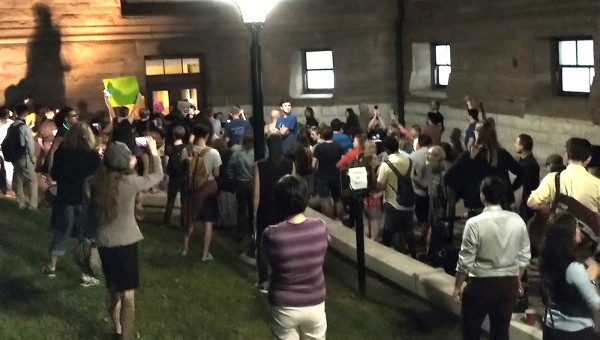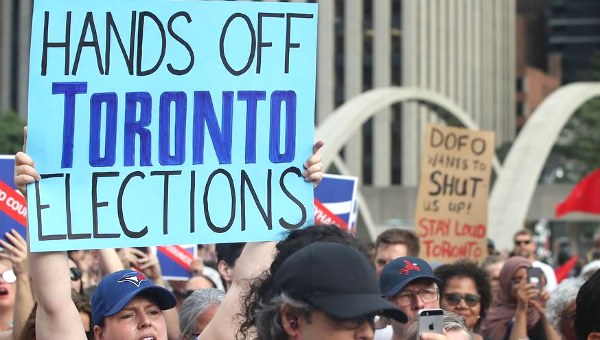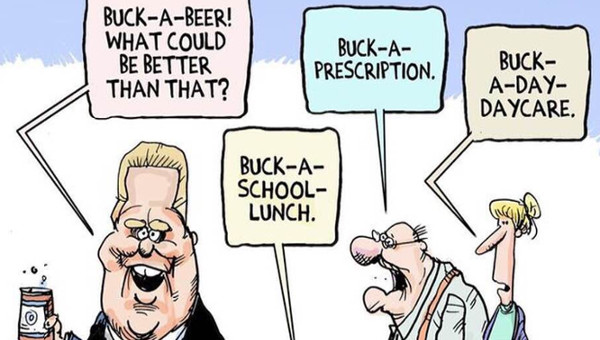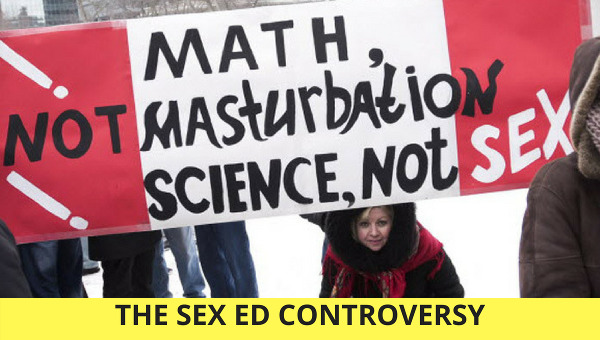Authoritarian Fordism in Ontario Trumps the Far Right Elsewhere
On the day the Ford government’s ham-fisted attempt to alter the balance of political forces in Toronto came to a head in open confrontation with the judiciary, the international media’s attention was focused on a far right political party winning third place in the Swedish election with 17 per cent of the vote.
Any mention abroad of what was happening in Ontario – with a population larger than Sweden’s, and where the party in government had recently secured over 40 per cent of the vote – was notably thin on the ground.

Yet the rapidity, as well as the scope, of the new Ontario government’s intervention to change the basis of a municipal election that was already in motion in one of the world’s leading cities arguably exceeds what any other far right government has yet done.
The disdain for conventional democratic political norms, alongside the very explicitness of the intent to thereby secure a considerable narrowing of the political space, has been especially breathtaking.
In Defiance of the Courts
In justifying his use of the notwithstanding clause in defiance of the judicial ruling last Monday, Premier Doug Ford had the temerity to claim that “the only people who are fighting this move are a small group of left-wing councillors … along with a network of activist groups who have entrenched themselves in power under the status quo.”
This was of course patently untrue. The opposition to the arbitrary intervention to changing Toronto’s democratic representative format amidst the 2018 election has been remarkably broad based.
But this statement is of a piece with the neo-McCarthyite tone of the loudly trumpeted expression of intent all along to use provincial powers mainly to get rid of the “lefties” on Toronto City Council. Some might want to quibble over how far to the left these alleged “lefties” actually are. But that is precisely the point. Especially when the derision of all “lefties” is combined with the derision of “activists groups” in general, the political target involves a very considerable part of the political spectrum.
Many have portrayed Ford’s intervention as a fit of pique – getting back at those who stood up to him during his brother’s term as mayor. This takes attention away from what the provincial intervention in Toronto’s political scene was designed to accomplish, not by looking back, but by looking forward. It sought to alter the overall political balance of forces this government would face over the next four years.
The security of a government with a majority in the legislature – even if secured with only a plurality of the votes – means that the playing out of substantive democracy must take place on the broader political field. This terrain encompasses activist groups, as well as the powers-that-be so deeply entrenched they don’t need to be very visibly active.
But it also includes other levels of government, in this case reflecting the very different balance of forces that would have been yielded within months of the provincial election if the process already in train for the election of councillors in Canada’s preeminent city was allowed to go ahead undisturbed.
Ford’s intervention in the 2018 Toronto election was thus designed to secure a very substantive closure of democratic political space, whatever its formal constitutional legality.
The judicial ruling last Monday showed it did not even meet that standard, but in substantive democratic terms, the few previous uses of the notwithstanding clause pale in significance in comparison with its deployment in this case. •
This article first published on the Toronto Star website.





